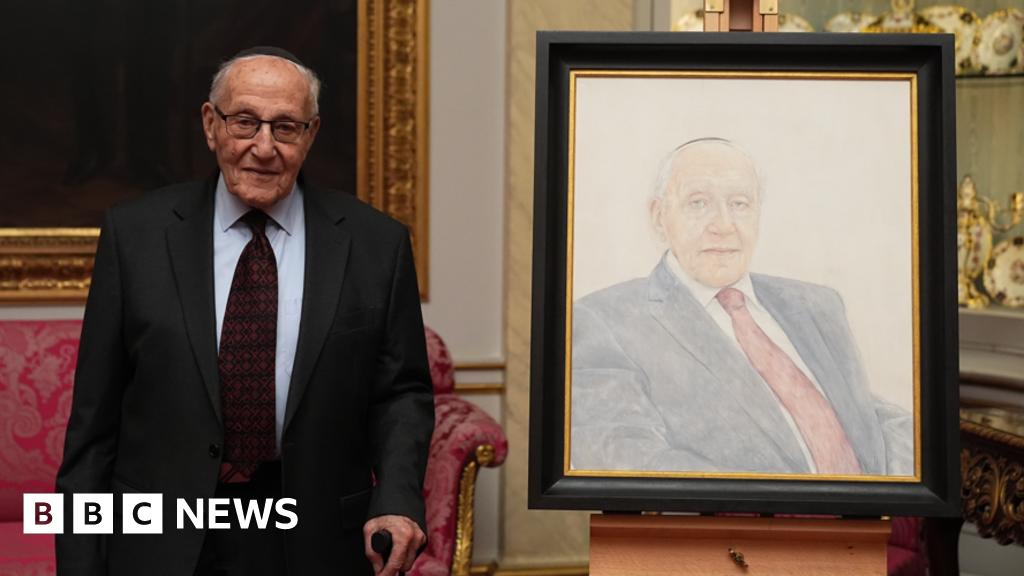By Brian McFarlane
November 7, 2025 — 6.00am

CINEMA
David Lean: Filmmaker and Philosopher
Lydia Goehr
Bloomsbury Academic $40.49
As one of British cinema’s most highly regarded directors, David Lean has been fortunate in attracting such accounts of his life and work as, for example, Kevin Brownlow’s magisterial 1996 biography and Melanie Williams’ impeccable critical study of his filmography (2014). Lean had worked as an editor in the 1930s, but his reputation as director was firmly established in postwar Britain and later for his Hollywood-connected productions.
There was a huge contrast between the films that emerged from the two sources, typified by such titles as Brief Encounter (1945) and Lawrence of Arabia (1962), but Lydia Goehr’s book contrives to find elements in common in films throughout Lean’s carer, whatever their source or their setting.
Goehr’s study does not conform entirely with the genres espoused by either Brownlow or Williams: it is certainly not a biography, though it does, of course, draw on aspects of Lean’s life – nor is it just a critical appraisal of his impressive career. There are undoubtedly elements of both; perhaps the word “philosopher” alerts us to the likelihood of something different. In her preface, she offers an account of the kind of preoccupations to be found in each of her eight long chapters, and especially how music of various kinds and levels may be seen – or heard – to inform her explorations of each chapter.
There is no suggestion of the more usual linear account of a director’s films. She sums up her intentions in chapter one thus: “To investigate Lean’s films as a philosophical task is not, therefore, to hate them or to love them. It is to seek the characteristics that clue us into the premises that put film as art on trial.”

Lean on the set of Doctor Zhivago with actress Geraldine Chaplin (daughter of Charlie).
I’m never wholly convinced by the idea of Lean as a “philosopher”, but Goehr maintains interest in what she sees as his concern with, say, images of trains and other modes of transport, or contracts between art and technology, or class and love. In the detail with which she pursues these and other matters of ongoing interest to her, she makes clear that this is not so much a book for film buffs as for those with a scholarly addiction to film.
What is really astonishing is the quality of the research. It is not just a matter of exploring Lean’s films in extreme detail, remarkable as that is, but of how she also responds to the views of hundreds of other critics, and other filmmakers, authorial sources in other media.
For instance, she is very much alert to how Lean and Noel Coward worked so closely together on Blithe Spirit and Brief Encounter to produce films with much in common with their theatrical antecedents while devising visual and vocal means that embrace the new medium – and while retaining crucial elements from the former. One critic, Catherine de la Roche, praised the way “Lean’s cutting was moving towards ‘the real stuff of cinema’: no ‘excessive dialogue’ and no plodding through every stage of a story in a kind of literary fashion”.

Peter O’Toole in Lean’s award-winning 1962 film Lawrence of Arabia.
There are perhaps too many examples of Goehr quoting critics and examining their points of view; sometimes the film can seem to be lost in the dealings with critical research – and with researchers. Sometimes, too, this can result from rather protracted talk of other films and their makers.
Loading
However, in any chapter, even if sometimes the Lean film at issue seems to get lost, individual moments are brought to life and memory, as when Goehr writes of how, in Great Expectations: “Knowing and not knowing brings Pip constantly to respond to the situations in which he finds himself.” For instance, in his journeys by carriage or boat, or in the very different homes in which he has lived.
There are no conventional accounts of plots or of any other elements such as characterisation, acting or cinematography, but there are remarkable observations of, say, furnishing details (for example, radios, sculpted busts and the like) and music, and how these may echo moments in other Lean films.
Goehr’s book in its perceptive thoroughness is both absorbing and daunting – it even led me to consider re-viewing Ryan’s Daughter, which I’d long ago dismissed – but, along with such other studies as those of Brownlow and Williams, it is difficult to imagine any need for a further book-length study of the legendary Lean.
The Booklist is a weekly newsletter for book lovers from Jason Steger. Get it delivered every Friday.
Most Viewed in Culture
Loading


















































